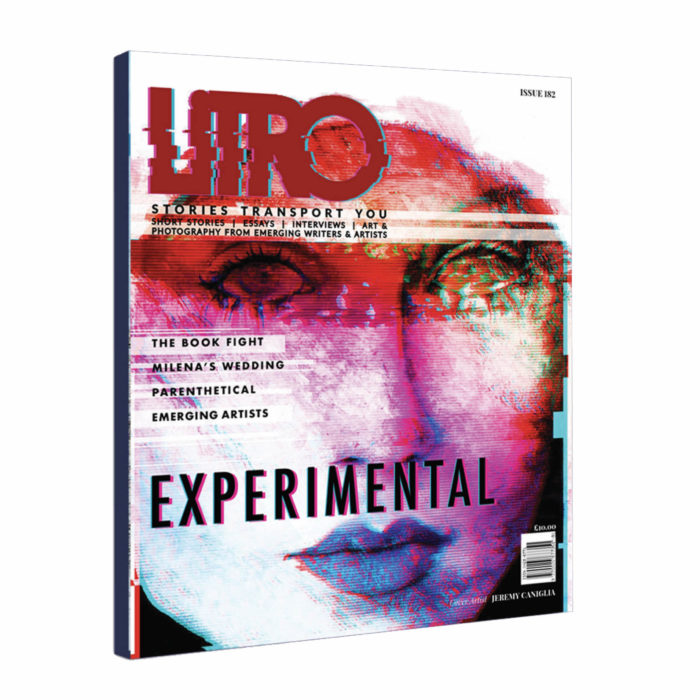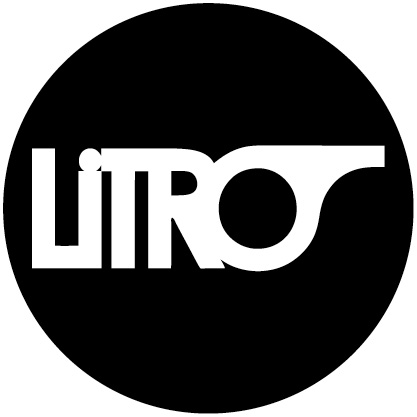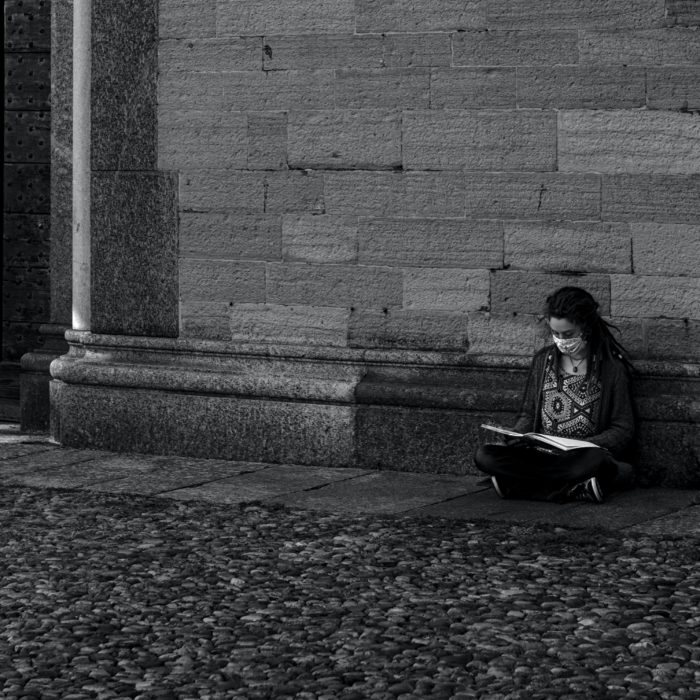You have no items in your cart. Want to get some nice things?
Go shoppingEarlier in May this year, it seemed the English world’s premier global women’s prize for fiction was under threat. Orange had pulled their sponsorship to focus on film, and in a tough commercial climate it wasn’t clear who would step in to save it. Then, about a month ago, private donors (including Cherie Blair and bestselling writers Jonathan Trollope and Elizabeth Buchan) put up some money to keep the prize going for at least another year. It is now called the Women’s Prize for Fiction (WPF), and awaits another heavyweight sponsor for 2014 to assure its longevity.
Recently, both Canada and Australia also announced their own women’s prizes for fiction—the Rosalind prize and the Stella prize, respectively. This couldn’t have come at a better time, though it comes on the heels of some discouraging statistics. The foundation of both prizes was a response to the gender imbalance in published, reviewed and award-shortlisted and -winning books in their home countries; the Orange prize was itself established in response to the 1991 all-male shortlist for the Booker Prize.
So, do prizes like these help or harm the cause of equality? Some say it could end up relegating women writers to a separate category; after all, you don’t see the Men’s Prize for Fiction anywhere. But considering the hard numbers, it’s clear that some exposure for women’s writing is better than none at all, and the legacy of the Orange prize leaves us much to be hopeful about.

About Emily Ding
Emily joined Litro in April 2012 as Literary Editor & Web Designer. She made over the website and introduced new developmental and editorial features to strengthen Litro's online presence. She left her position in January 2013, taking a backseat as Contributing Editor to concentrate on writing. She is a freelance journalist with a special interest in travel writing and foreign reporting (with an inclination for Asia and Latin America), and is now based in Malaysia. English is her native language, but she also speaks Mandarin and Spanish, having spent 2007-08 travelling in Central America.





I’m torn on this issue.
In one sense, having separate awards just for women doesn’t forward the cause of equality because it’s discriminatory against men (as you say, there are no awards specifically for men, and how long’s it going to be before many young men give up on writing fiction because they don’t get as much recognition and don’t see opportunities for themselves in the market?); but, if there really is still an ingrained, systemic instinct within the literary community to favour men’s work over women’s, then I guess women’s-only awards are still necessary.
Where do we currently stand? I really don’t know.